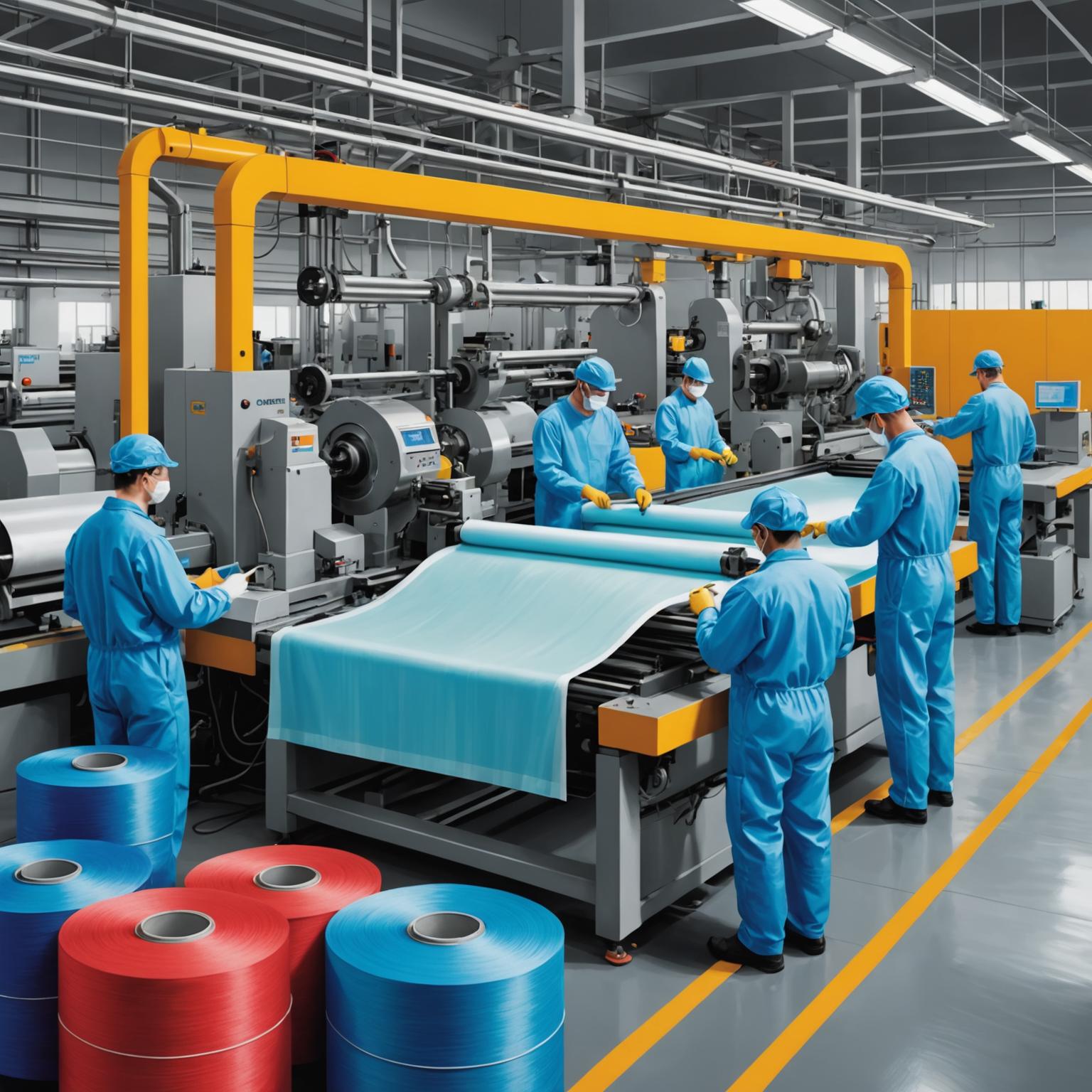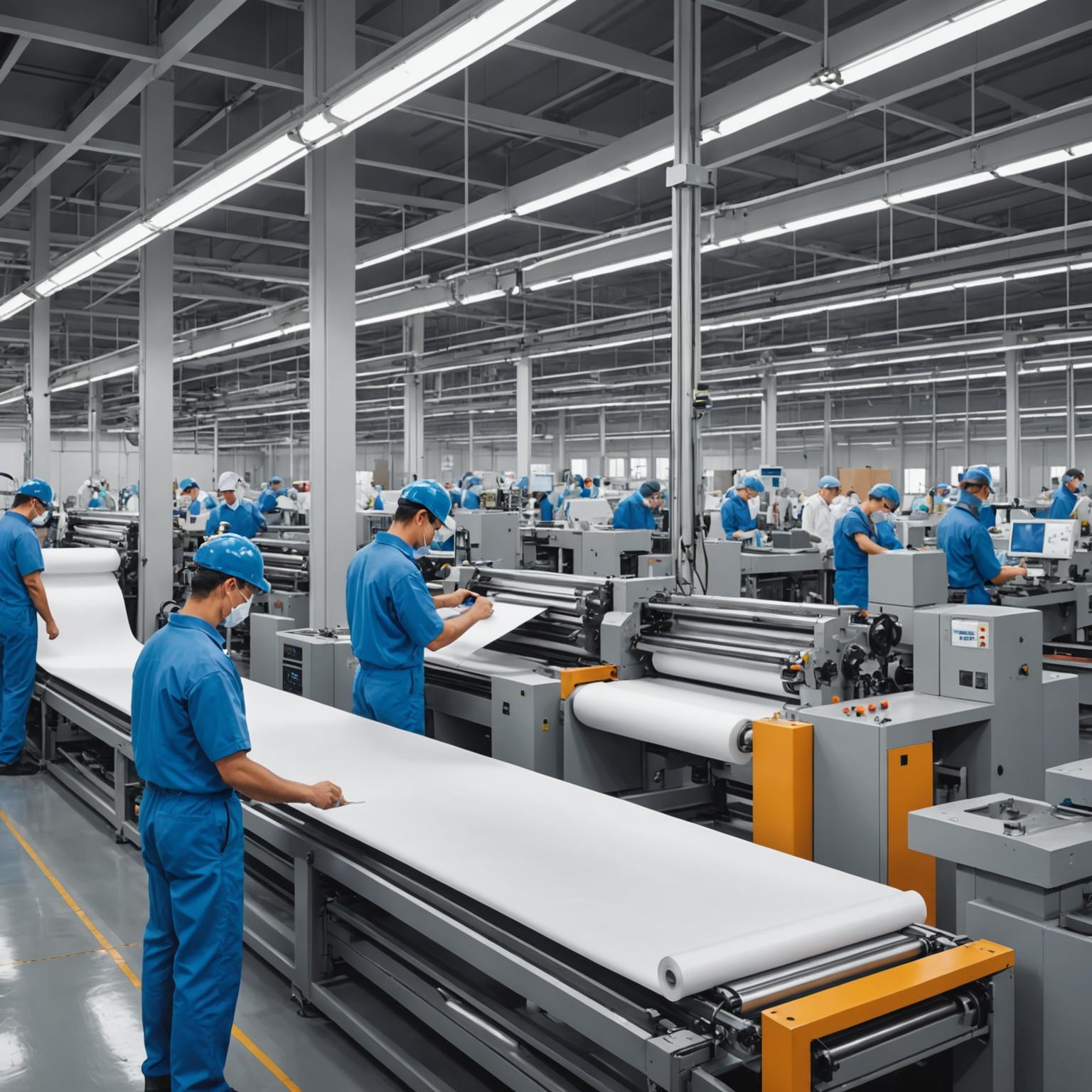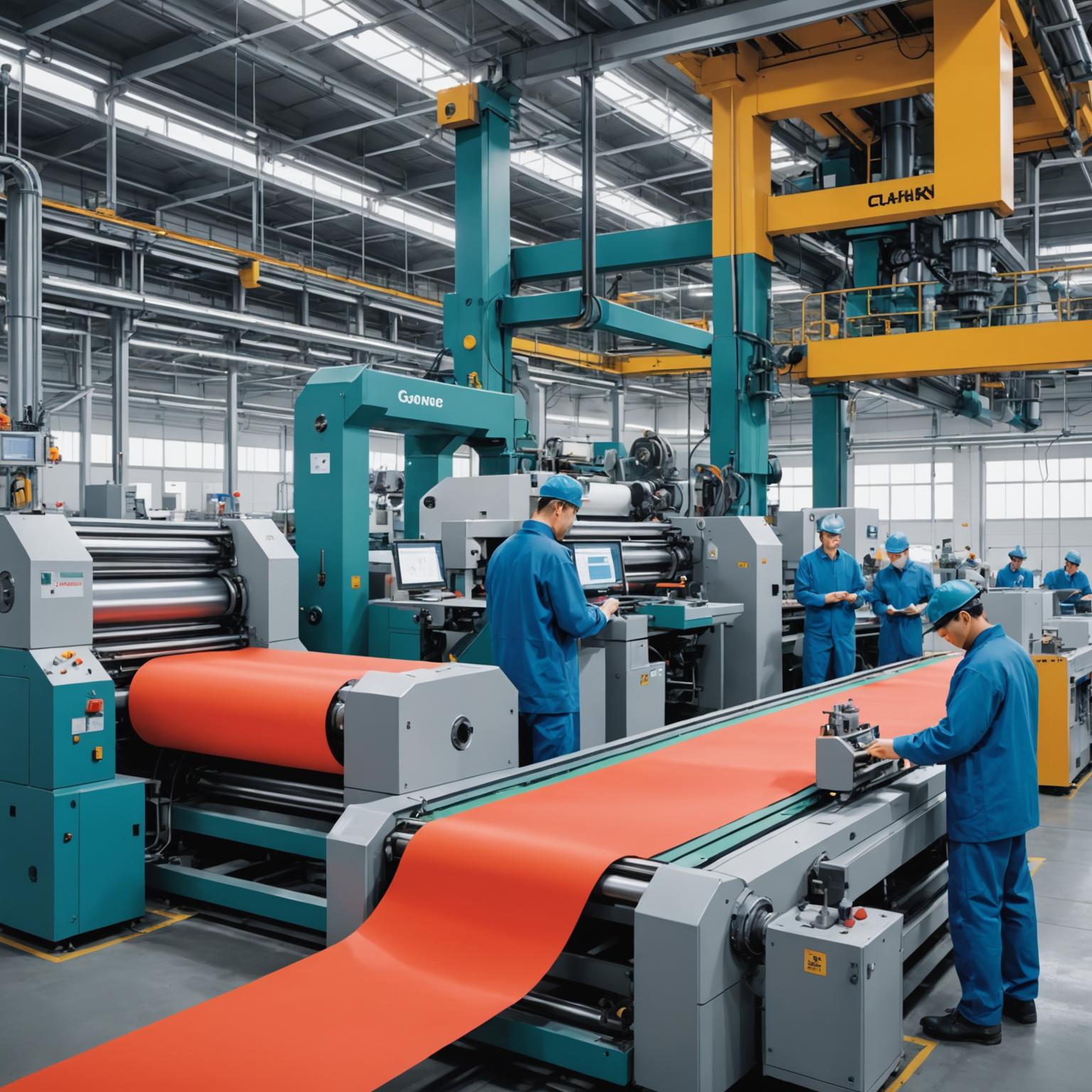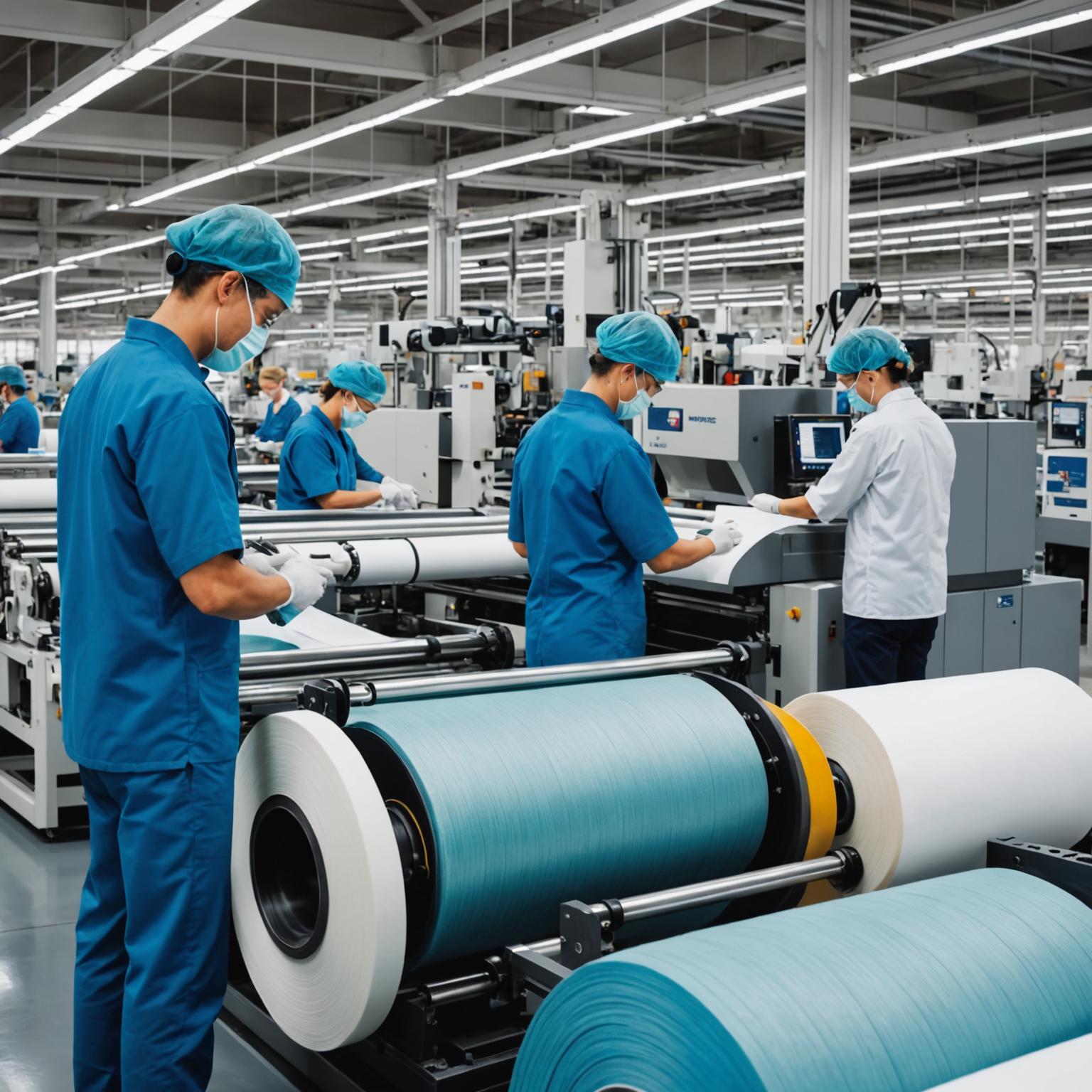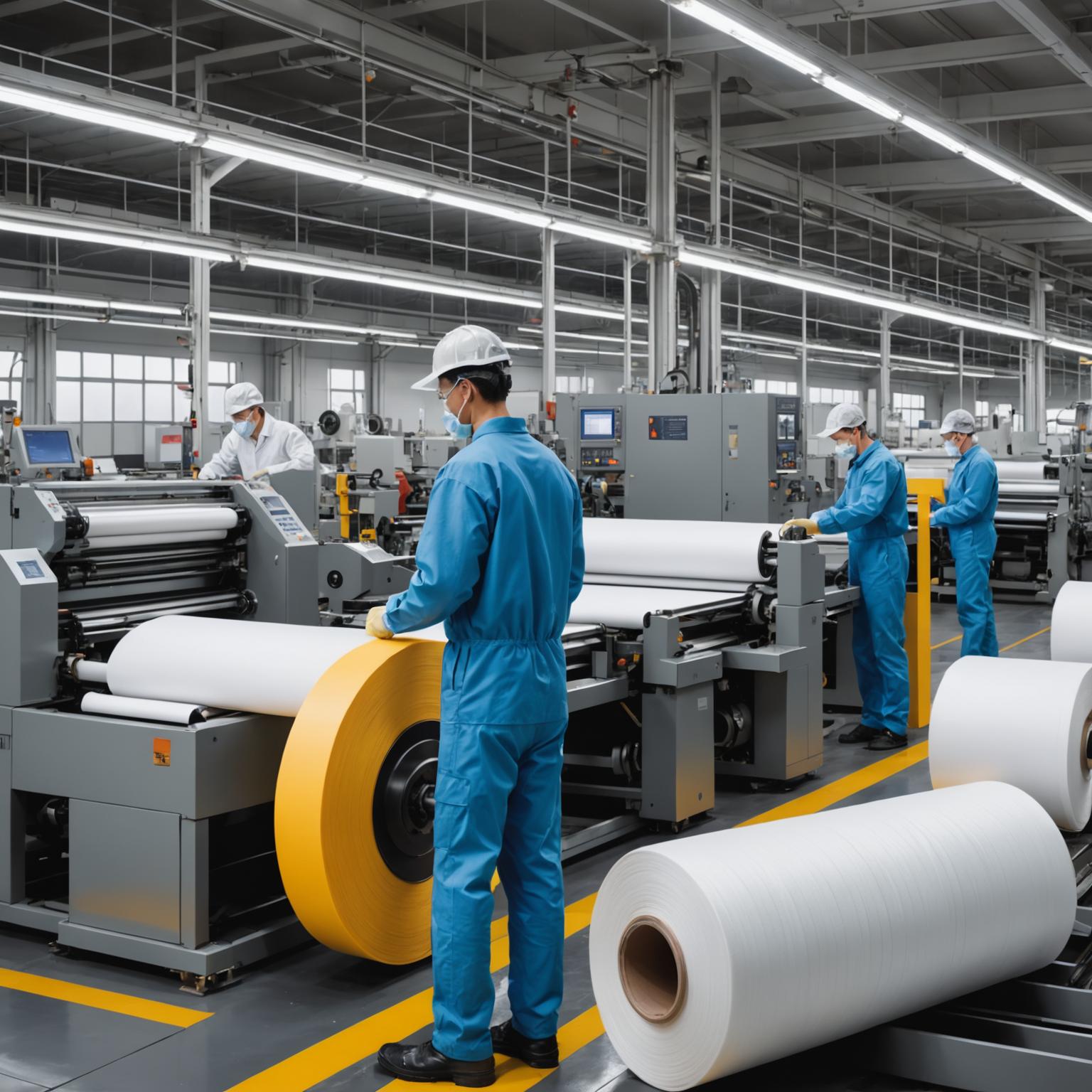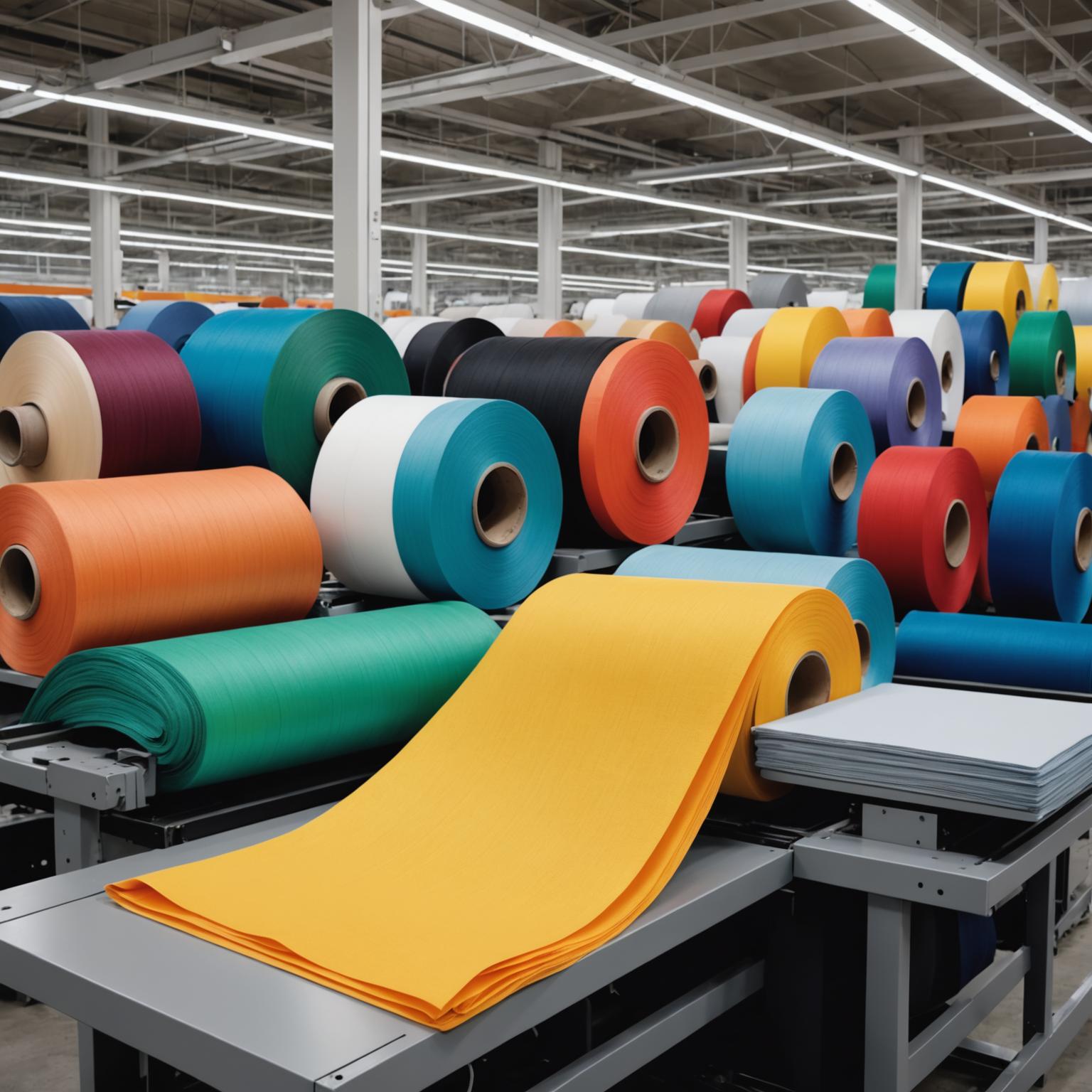The Versatility and Strength of Nylon Fiber
In the world of modern textiles, few materials offer the combination of strength, resilience, and versatility found in nylon fiber. This pioneering synthetic polymer has revolutionized countless industries since its invention, serving as a foundational component for a vast range of products. One of its most significant contributions is in the creation of nylon non-woven fabric, a material prized for its durability and adaptability. Unlike traditional woven or knitted textiles, non-wovens are engineered sheets of fiber bonded together, offering unique properties that make them indispensable for specialized uses. This innovative approach to textile creation unlocks a new level of performance and functionality.
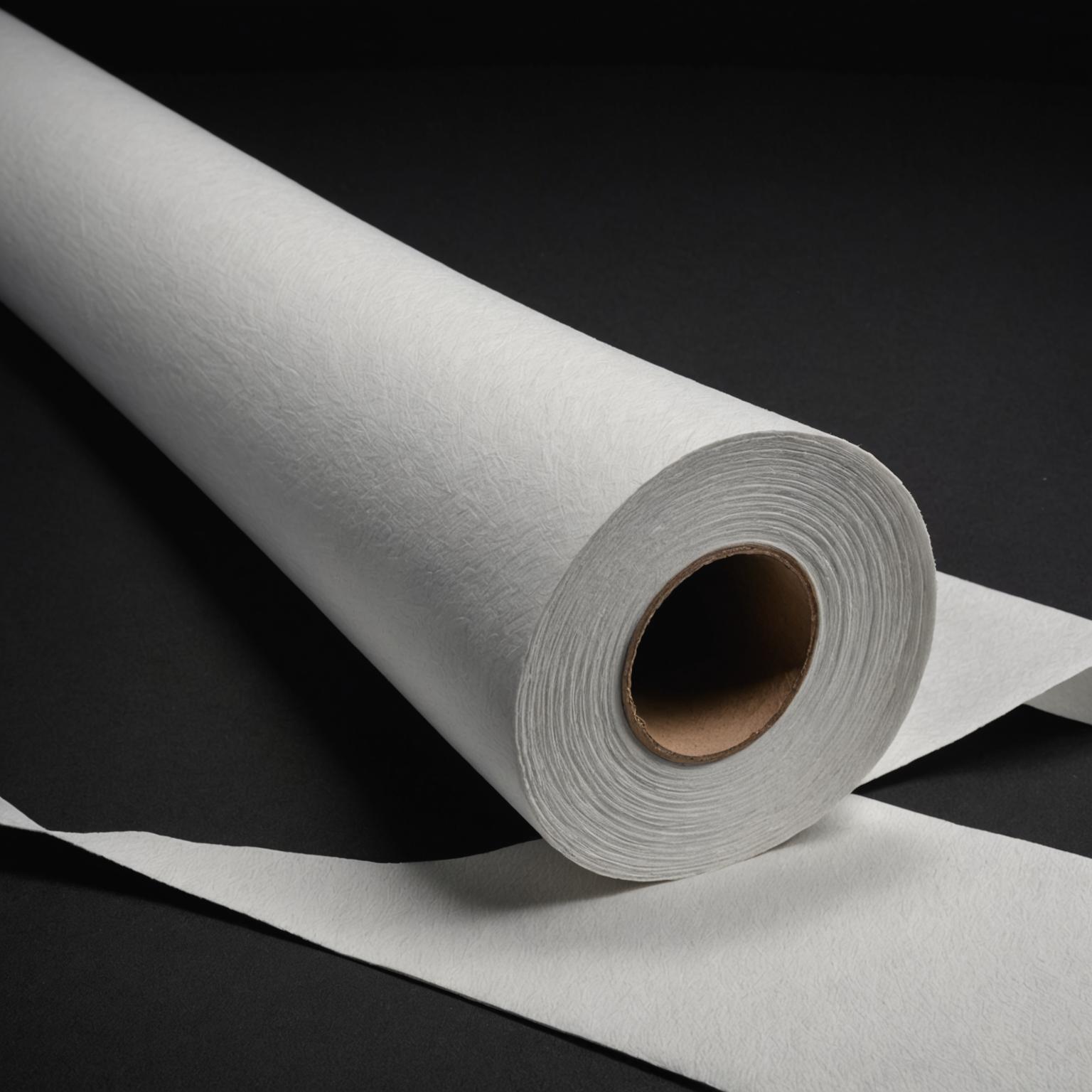
Understanding Non-Woven Fabric Manufacturing
The process of non-woven fabric manufacturing is a marvel of material science. It begins with raw synthetic fibers, such as nylon, which are first laid out in a web. These fibers are then bonded together using one of several methods: thermal bonding (using heat), chemical bonding (using adhesives), or mechanical bonding (using needles or high-pressure water jets, a process known as spunlacing). This technique for producing synthetic non-woven fabric is highly efficient and allows for precise control over the material's final characteristics, including its weight, thickness, absorbency, and strength. The resulting fabric is uniform and stable, free from the frays and unraveling common in woven materials.
Exploring Diverse Nylon Fabric Applications
The unique characteristics of nylon non-wovens lead to a wide spectrum of nylon fabric applications. In the medical field, these materials are used for surgical gowns, drapes, and advanced wound dressings due to their sterility, breathability, and barrier properties. The automotive industry relies on them for interior components like trunk liners and cabin air filters. They are also a key component in filtration systems for both air and liquids, trapping particulates with high efficiency. In consumer goods, you'll find these durable non-woven materials in reusable shopping bags, home cleaning wipes, and as an interlining in apparel and accessories to provide structure and support.
The Advantages of Durable Non-Woven Materials
The primary reason for the widespread adoption of nylon non-wovens is their exceptional performance profile. As one of the most durable non-woven materials available, nylon offers incredible tensile strength and resistance to abrasion, tearing, and chemical degradation. Despite its toughness, the base nylon fiber can be engineered to be lightweight and soft to the touch, combining comfort with longevity. This synthetic non-woven fabric also boasts excellent elasticity, allowing it to stretch and recover without losing its shape. Its inherent resistance to mildew, molds, and insects further enhances its durability, making it a reliable choice for long-lasting applications in demanding environments.
Partnering with Reliable Non-Woven Fabric Suppliers
For businesses looking to integrate these advanced materials into their products, choosing the right partner is crucial. High-quality non-woven fabric suppliers not only provide consistent and superior materials but also offer expertise in customization and sustainable practices. A reliable supplier can work with you to tailor the fabric's properties—such as weight, color, and finish—to meet the precise needs of your project. They should also demonstrate a commitment to environmentally responsible production, aligning with the growing consumer demand for eco-conscious products. By partnering with experienced suppliers, companies can harness the full potential of materials like nylon non-woven fabric to innovate and elevate their product offerings, ensuring both quality and performance.



